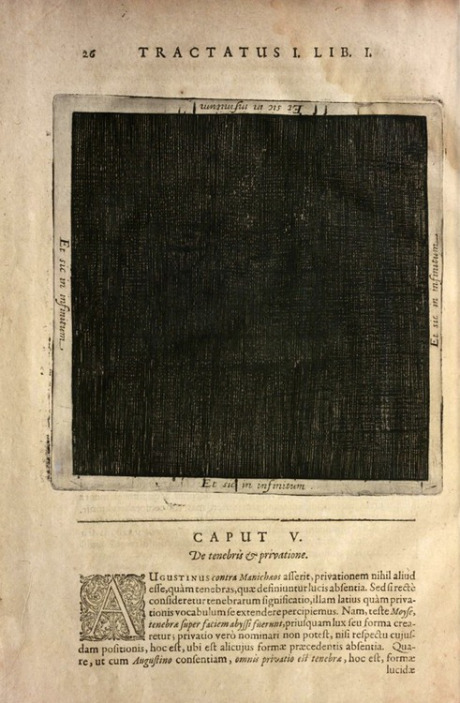Despite earning the respect of his bosses for his correct call against making the attacks, and lining up much-needed help cracking the CIA’s vault of secrecy from the Justice Department, John O’Neill’s a fuckin’ mess, man. Belying his on-top-of-the-world swagger, his lavish lifestyle of fine dining and $400 shoes (in 1998 money!) combined with the need to travel between three different romantic partners has buried him in debt. His credit cards get declined. He’s out of town for so long all the time that his wife and children barely tolerate him when he returns. Catholic cardinals fail to give him a reprieve to divorce his religiously devout missus and marry his equally devout (and deceived) girlfriend Liz, no matter how many Cohibas he smokes with them. Just to top it all off, his other other woman is planning a move to New York to be near him. He’s, uh, not thrilled.
And even when he’s right in this installment, he’s right about stuff that makes him seem prurient, rather than prophetic. In place of his many killer one-liners about how bin Laden wants us to go to war, maaaan, he’s pontificating about the “72 virgins” issue with his star agent Ali Soufan, who tells him it’s all bullshit. “Blow yourself up and win the pussy sweepstakes—it’s like consumer fraud,” O’Neill concludes. “And ironically, so fuckin’ American.” He’d know!
This is how Jeff Daniels can work: as a guy who seems to have all the advantages a wealthy white straight cis Christian man who’s got a high-ranking job in a law-enforcement agency in America’s cultural and political capitals can get, yet seems incapable of not pissing those privileges away. People keep trying to cast him as Wyatt Earp or Walter Cronkite, while his potential to portray a reasonably popular governor forced to leave office after getting caught using the state education fund to pay his mistress’s son’s orthodontist bill was right there all along.
Hey gang—I figured out Jeff Daniels’s strengths as a dramatic actor and wrote about them in my review of this week’s episode of The Looming Tower for Decider! What do you think of that, Jeff?


